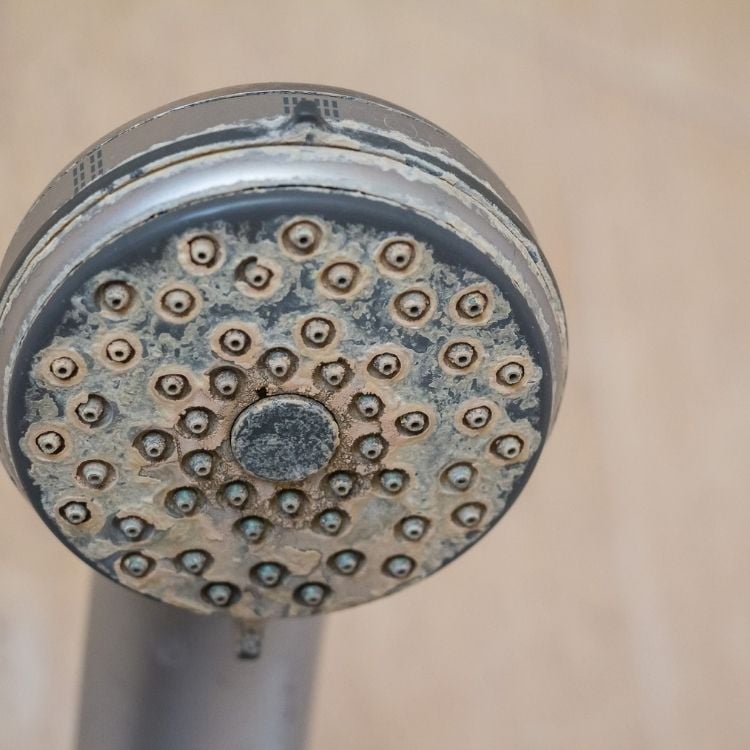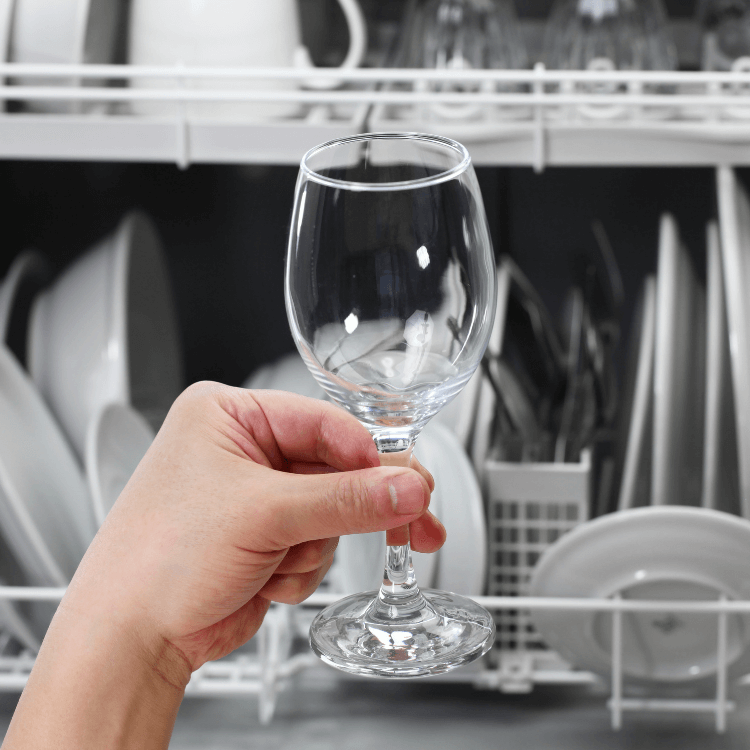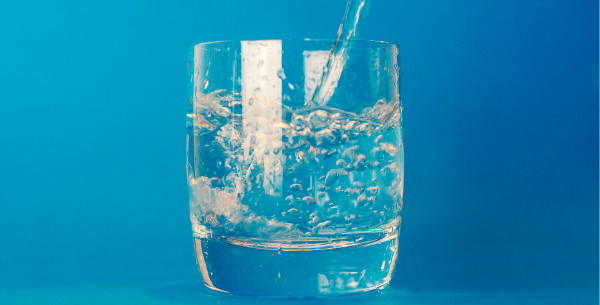Most water softeners do not add sodium to drinking water. Water softeners improved water quality by exchanging magnesium and calcium ions in hard water for sodium ions. This process does not introduce any new sodium into the water. Therefore, the sodium content of softened water is typically the same as the sodium content of unsoftened water.
Some water softeners do have the ability to add a small amount of sodium to the water, but this is not common. Most water softeners specifically keep the sodium content of softened water low. If you're concerned with the sodium content of your drinking water, you should consult with your local water authority. They can tell you what the sodium content of your water is and whether or not it is safe for you to drink.
What are Water Softeners, and How Do They Work?
A water softener is a device people use to remove minerals from hard water. Hard water contains highly concentrated levels of calcium and magnesium. These minerals can cause various problems, including scale build-up in pipes and fixtures, decreased soap efficiency, and staining of laundry and dishes.
Water softeners function by exchanging calcium and magnesium in hard water for sodium. This process is known as ion exchange. Ion exchange is a very efficient way to remove minerals from water. It does not require the use of chemicals or other treatments. The process is popular, especially with people who want clean-tasting water for drinking and washing.
The water's calcium and magnesium ions are attracted to the sodium ions on the softener resin during the ion exchange process. As a result, these ions exchange places with sodium ions. This process removes the minerals from the water and leaves the water soft.
You End up with No Additional Sodium
The ion exchange process won't introduce any new sodium into the water. The only sodium in softened water comes from the small amount of sodium already present in the water. Most water contains some sodium, but the amount varies from location to location.
Some water softeners can add a small amount of sodium to the water, so it's worth investigating this possibility before purchase. However, this is not common. Most water softeners exist to keep the sodium content of softened water low.

How Can You Tell If Your Home Has Hard Water?
If you're unsure whether or not your home has hard water, you can have your water tested. There are several ways to test for hardness, including using a water hardness meter or sending a water sample to a laboratory.
If you do have hard water, there are several symptoms of water problems that you may notice. These include scale build-up in pipes and fixtures, decreased soap efficiency, and staining of laundry and dishes. Hard water can also cause other problems, such as clogged pipes and reduced water pressure.
To determine your house's water condition, you can buy a water hardness test kit at a hardware store or home center. You may also have a professional test your water.

How Does Hard Water Affect Laundry and Dishes?
Hard water introduces a wide range of problems to your home, especially with laundry and dishes. For example, hard water can cause laundry to be dull and fade eventually. It can also cause cookware to become spotted and stained.
Determine the Sodium Content
There are a few potentially harmful side effects of using a water softener system in your home worth considering before you install one. One possible side effect is that a water softener can increase the sodium content of your drinking water. However, that may not be a concern for most people because the increase is slight.
If you're on a low-sodium diet, you may want to avoid using a water softener or find one that adds no sodium. A potential side effect is that a water softener can increase the amount of chloride in your wastewater. That can be a problem if you are on a septic system. If you're considering installing a water softener, you should talk to a professional about the potential side effects before deciding.
You can always think about testing your water regularly. If you notice any strange tastes or colors, it's worth measuring your results to see if your water needs filtering or softening. Also, the sodium content is an issue if you're drinking tap water regularly.
For people on low-sodium diets, any additional amount poses a danger. If that's your case, do the necessary research to ensure your water softener is the kind that adds none. One that uses ion exchange should be appropriate for your needs.
Click the picture below
to learn how to
improve water quality
and
lower sodium!



.png?width=750&name=does%20water%20have%20a%20taste_the%20geiler%20company%20(1).png)